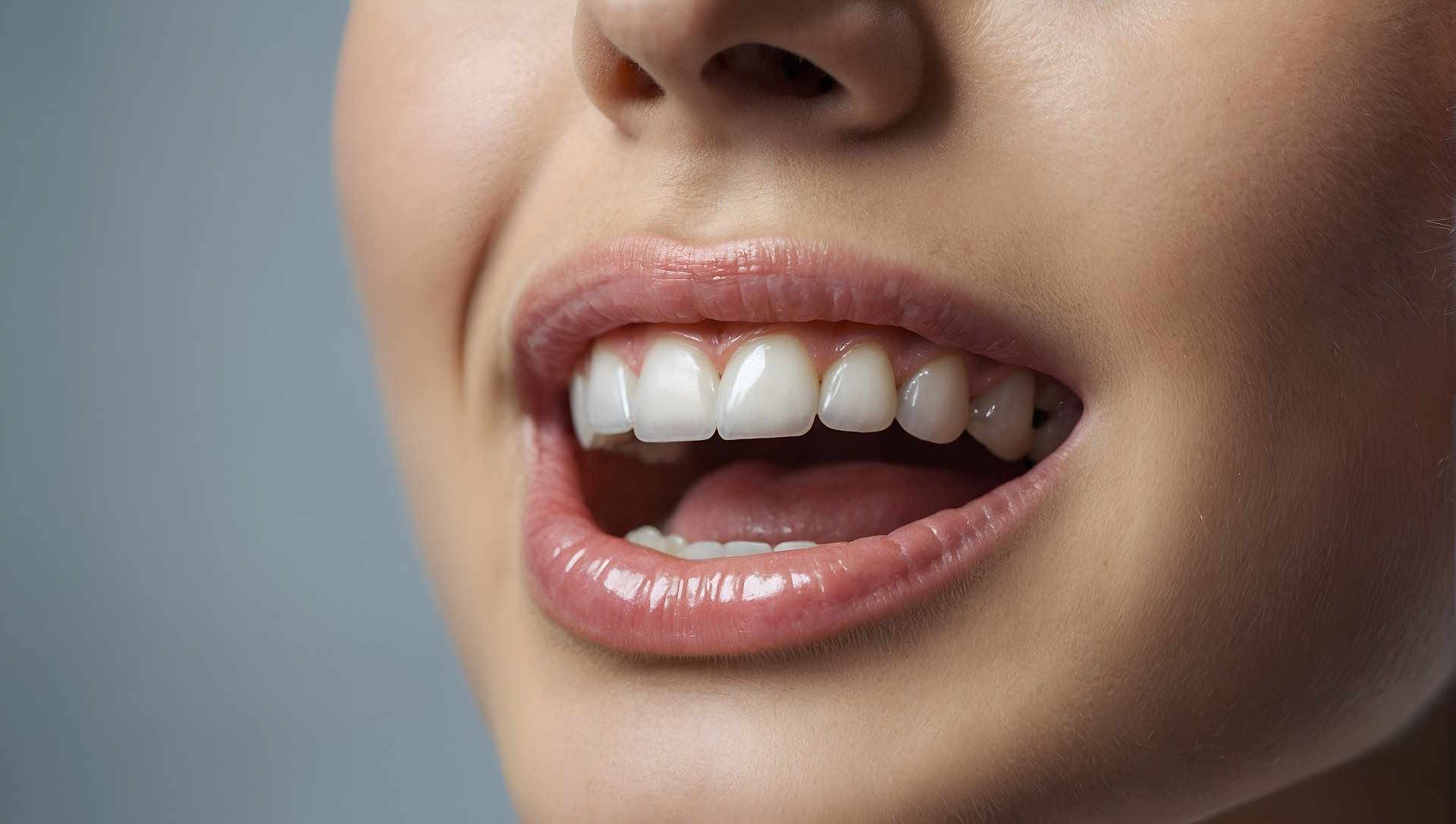Luminous Living: The Ancient Art of Oil Pulling Reimagined
In the bustling world of beauty and wellness trends, an age-old practice is experiencing a remarkable renaissance. Oil pulling, a technique rooted in Ayurvedic medicine, has captivated the attention of health enthusiasts and beauty aficionados alike. This ancient ritual, which involves swishing oil in the mouth for extended periods, is being reimagined for the modern era. As we delve into the depths of this practice, we'll uncover its historical significance, explore its purported benefits, and examine how contemporary wellness circles are adapting it to suit today's lifestyle demands. From its humble origins in India to its current status as a global phenomenon, oil pulling's journey is a testament to the enduring appeal of natural remedies in our quest for holistic well-being.

In its original form, oil pulling was a rigorous practice. Practitioners were advised to swish oil in their mouths for up to 20 minutes, sometimes even longer. The oil was then spit out, never swallowed, as it was thought to contain the toxins pulled from the body. This ritual was typically performed in the morning, on an empty stomach, and was considered an essential part of daily hygiene routines.
The Science Behind the Swish
While skeptics may dismiss oil pulling as pseudoscience, recent studies have begun to shed light on its potential benefits. Research published in the Journal of Ayurveda and Integrative Medicine suggests that oil pulling may indeed have antimicrobial properties. The mechanism is thought to be twofold: first, the mechanical action of swishing helps dislodge bacteria and food particles; second, the oil itself may have inherent antibacterial qualities.
One study conducted at the Department of Pediatric Dentistry in Tamil Nadu, India, found that oil pulling with sesame oil reduced the number of Streptococcus mutans in the plaque and saliva of adolescents. These bacteria are primary culprits in tooth decay and gum disease. Another study published in the Nigerian Medical Journal reported that oil pulling could be an effective adjunct to brushing in reducing plaque formation and gingivitis.
However, it’s important to note that while these studies are promising, more extensive research is needed to fully understand the extent of oil pulling’s benefits and its long-term effects on oral and systemic health.
Modern Interpretations and Adaptations
In recent years, oil pulling has undergone a significant transformation. No longer confined to the realm of traditional Ayurvedic practice, it has been embraced by the mainstream wellness community and adapted to suit contemporary lifestyles. One of the most notable changes is the variety of oils now used for pulling. While sesame and sunflower oils remain popular, coconut oil has emerged as a favorite among modern practitioners.
Coconut oil’s rise to prominence in oil pulling circles can be attributed to its pleasant taste and purported antimicrobial properties. Medium-chain fatty acids, particularly lauric acid, which is abundant in coconut oil, have been shown to have antimicrobial effects. This has led many to believe that coconut oil might be more effective than traditional oils for oral health.
Moreover, the practice itself has been modified to fit into busy modern schedules. While traditionalists still advocate for 20-minute sessions, many contemporary guides suggest starting with just 5-10 minutes and gradually increasing the duration. Some wellness influencers even promote “oil pulling on the go,” encouraging people to practice while showering or commuting.
The Intersection of Beauty and Wellness
Oil pulling’s resurgence is part of a larger trend in the beauty industry – the growing emphasis on “beauty from within.” This holistic approach posits that true beauty is a reflection of overall health and well-being, rather than something that can be achieved through topical treatments alone.
In this context, oil pulling is seen not just as an oral hygiene practice, but as a ritual that can contribute to overall health and, by extension, beauty. Proponents claim that by removing toxins from the body, oil pulling can lead to clearer skin, brighter eyes, and a more radiant complexion. While these claims are largely anecdotal, they align with the growing consumer desire for natural, multi-benefit wellness practices.
The beauty industry has taken notice of this trend. Several brands have launched oil pulling products, often combining traditional oils with modern ingredients like essential oils or activated charcoal. These products are marketed not just for their oral health benefits, but as part of a comprehensive beauty and wellness routine.
The Future of Oil Pulling: Integration and Innovation
As oil pulling continues to gain popularity, we’re likely to see further innovation in this space. One emerging trend is the integration of oil pulling with other wellness practices. For instance, some practitioners are combining oil pulling with tongue scraping, another Ayurvedic practice, for a more comprehensive oral care routine.
There’s also growing interest in the potential systemic benefits of oil pulling. While traditional Ayurvedic texts claim that oil pulling can help with a wide range of health issues, from migraines to diabetes, modern science has yet to substantiate these claims. However, given the increasing recognition of the link between oral health and overall health, this is an area ripe for further research.
In the realm of product development, we may see the emergence of more specialized oil pulling formulations. For example, oils infused with probiotics to support oral microbiome health, or blends designed to target specific oral health concerns like sensitivity or enamel erosion.
As we look to the future, it’s clear that oil pulling, in its various modern incarnations, is more than just a passing fad. It represents a broader shift towards holistic, natural approaches to health and beauty. Whether practiced in its traditional form or adapted for modern lifestyles, oil pulling serves as a bridge between ancient wisdom and contemporary wellness, reminding us that sometimes, the most powerful solutions are also the simplest.






